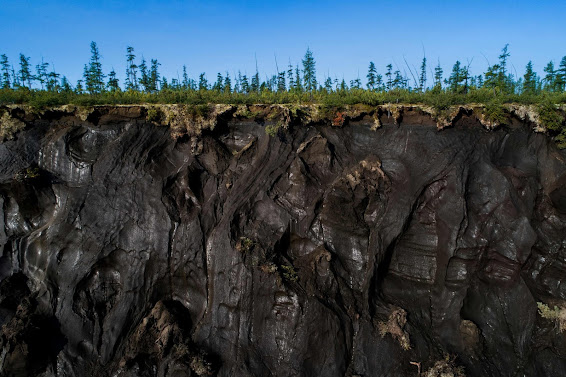When it comes to hoping that the menacing cloud of Covid-19 will be lifted by next summer by a silver bullet vaccine, I'm as delusional as anyone. This virus is a complete pain in the ass. Self-isolation is miserable, like solitary confinement only self-inflicted. The handwashing - ugh, but probably the least annoying. Face masks - don't go out without 'em. That's getting old and that's just the personal stuff.
Then there's the economic chaos. Lockdowns. Restaurants restricted, some gone for good. Businesses laying off staff. A shambles.
Telephonic medical care. Now you call it in - if you detect something and think you know what it means. They're doing some great things with technology these days. There's a device called Kardia 6L that performs six lead EKGs. Cardiologists seem to think it's great. And, of course, it comes with a smart phone app. It transmits test results by bluetooth to the phone that can then email the data to your healthcare provider. The Kardia system also integrates blood pressure/pulse readings from Omron home devices. My GP says this blood pressure cuff is every bit as accurate as what they have in their offices. So you can send all that data along with your EKG tests in pdf format via email.
Then there's the oximeter, the little device that clips onto your fingertip and discerns your blood oxygen levels and heartrate. And maybe you've got one of these new watches such as the Fitbit Versa 2 that also monitors heart rate. I think the new Apple watch runs EKGs. If you're diabetic there are wearable blood glucose monitors.
Hypochondria is, I expect, worsened by isolation. That may be the hidden benefit of these various devices when they tell you "Shut up, moron. You're fine. Quit whining."
Maybe this will all be a fading memory by next summer when the vaccine arrives. It'll be like the end of WWII. We'll all be partying in the street. Maybe, maybe not.
There's an article in The Guardian/Observer exploring how pandemics end. It's written by a lecturer from City University of London who also wrote the cheerful book, "The Pandemic Century: One Hundred Years of Panic, Hysteria and Hubris."
Here's the problem. Few among us have much experience of epidemic/pandemics. We're in uncharted waters. Our natural tendency is to say, "oh, they'll think of something." I hope so but the track record from the plague, cholera and similar contagions doesn't give much cause for optimism. We've had just one victory, the eradication of smallpox in 1980. The plague, it's still with us. Polio breaks out here and there from time to time. Some of these diseases are suppressed by vaccinations and emergent herd immunity but they're still able to return.
A Covid-19 vaccine would be great but there's no sign that a corona virus creates herd immunity. Getting Covid-19 under effective control will require more than a vaccine.
The other way the pandemic could be brought to a close is with a truly world-beating test-and-trace system. Once we can suppress the reproductive rate to below 1 and be confident of keeping it there, the case for social distancing dissolves. Sure, some local measures might be necessary from time to time, but there would no longer be a need for blanket restrictions in order to prevent the NHS being overwhelmed. Essentially, Covid-19 would become an endemic infection, like flu or the common cold, and fade into the background.
Speaking of test-and-trace protocols, there's a report in the Washington Post about August's Sturgis motorcycle rally and the surge of Covid infections in South Dakota and neighbouring states.
Within weeks of the gathering, the Dakotas, along with Wyoming, Minnesota and Montana, were leading the nation in new coronavirus infections per capita. The surge was especially pronounced in North and South Dakota, where cases and hospitalization rates continued their juggernaut rise into October. Experts say they will never be able to determine how many of those cases originated at the 10-day rally, given the failure of state and local health officials to identify and monitor attendees returning home, or to trace chains of transmission after people got sick. Some, however, believe the nearly 500,000-person gathering played a role in the outbreak now consuming the Upper Midwest.
No test-and-trace means state officials, such as the governor of South Dakota, a Trump acolyte.
South Dakota Gov. Kristi L. Noem, a Republican, was one of the few state leaders who never restricted mass gatherings, managing the pandemic by emphasizing personal responsibility over government mandates.
No test-and-trace allowed Noem plausible deniability to dismiss the subsequent Covid surge as - wait for it - the result of too much testing. The evidence linking the mass rally and the spread of Covid-19 would never be found.



























